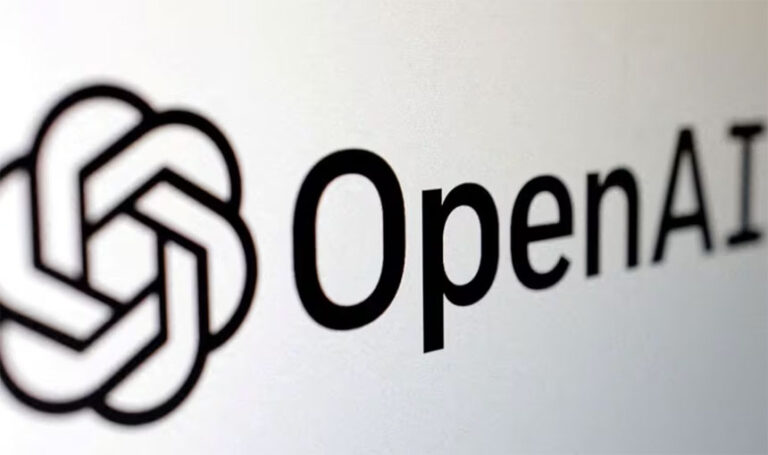OpenAI, the creator of ChatGPT, announced on Thursday that it is considering U.S. states as potential locations for AI data centers tied to its ambitious Stargate initiative. The company views this project as urgent for the United States to maintain a competitive edge over China in the global AI landscape.
Chris Lehane, OpenAI’s chief global affairs officer, stated, “As news emerged about DeepSeek, it makes it clear this is a very real competition and the stakes could not be bigger. Whoever ends up prevailing in this competition is going to really shape what the world looks like going forward, whether we have democratic AI that’s free and open, or authoritarian AI that is autocratic.”
Last month, U.S. President Donald Trump unveiled Stargate, which represents a private sector investment of up to $500 billion in AI infrastructure. This investment comes from SoftBank, OpenAI, and Oracle, along with other equity backers. They have committed $100 billion for immediate deployment, with the remaining funds expected over the next four years.
Approximately 16 states have expressed interest in constructing data centers for the Stargate project. Texas has been designated as the “flagship” site for these data centers, according to Lehane.
The first data center for the initiative is currently being built in Abilene, Texas. San Francisco-based startup Crusoe is leading this development. OpenAI intends to start utilizing parts of the Abilene data center later this year. Keith Heyde, who is overseeing site selection for Stargate at OpenAI, mentioned that they might announce additional sites in the coming months. “Somewhere between five to 10 is what we’re looking at as a campus footprint,” he said.
However, just days after Trump’s announcement, a cost-effective Chinese AI model named DeepSeek surfaced. This raised doubts about the long-standing notion that advancing AI requires large, specialized data centers like those being developed for Stargate.
Researchers behind DeepSeek claimed that one of their models was trained using less advanced chips, at a significantly lower cost compared to American AI models. This development could challenge the assumption that substantial computing resources are necessary for AI progress.
As a reaction, global investors pulled back from tech stocks, particularly targeting Nvidia, the leading manufacturer of AI computer chips. This resulted in a staggering loss of $593 billion in Nvidia’s market value, marking the largest one-day decline for any company on Wall Street.
Click here for more news on Technology.


